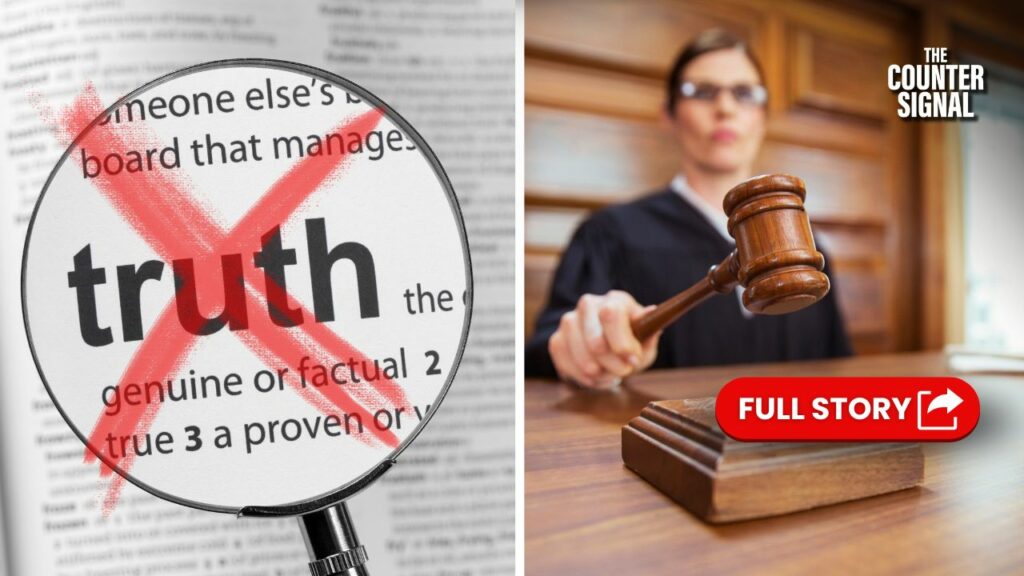The former Chief Justice of the Supreme Court of Canada, Beverley McLachlin, said that truth might not be a defense against the Trudeau Liberal’s recently proposed Online Harms Bill that would increase the punishment for, and widen the definition of hate speech.

McLachlin made her comments while speaking on Edward Greenspon’s WONK podcast, where she provided critical comments about the Liberal’s bill that would, if passed, punish individuals not just for hate crimes they committed, but for those they might commit.
The former Chief Justice noted that part of the bill quite reasonably attempts to crack down on revenge porn, and obligate online platforms to act responsibly when it comes to things like child exploitation and revenge porn.
But another thing they want the bill to do, she said, is “create a way for people to complain about certain content.”
She explained that the process for addressing grievances include an ombudsman for initial complaints, and allowing individuals to approach the Canada Human Rights Commission for more serious issues.
But she notes that in the Human Rights Commission, “you don’t have to prove it beyond a reasonable doubt.”
“And in some cases, truth is not a defense,” she added.
In other words, the accuracy of an individual’s online speech might not protect them against sanctions if the Online Harms Bill is passed as it’s currently written.
McLachlin also said that the law would be an administrative nightmare because of what she anticipates is a large volume of complaints.
“And the Human Rights Commission is already pretty busy,” she said.
Additionally, she noted that defining hate and genocide — which the bill seeks to punish — is not an easy task.
“Defining genocide refers you to international law and international law just refers you to more questions,” she said. “Where is the line between a hateful comment and a person’s right of free speech?”
Justice Minister doubles down on punishing citizens for crimes they ‘might’ commit
The Liberal’s Online Harms Bill (C-63) would increase penalties for hateful speech “not more than $20,000 to any victim identified in the communication that constituted the discriminatory practice,” and, further, “an order to pay a penalty of not more than $50,000 to the Receiver General, if the member or panel considers it appropriate…”
The bill states that an individual found guilty of possibly committing hate speech could be punished by a judge with a house arrest sentence, or forced to wear an electronic tag.
Potential offenses include someone who might “promote genocide,” and someone who might “incite hatred against any identifiable group.”











